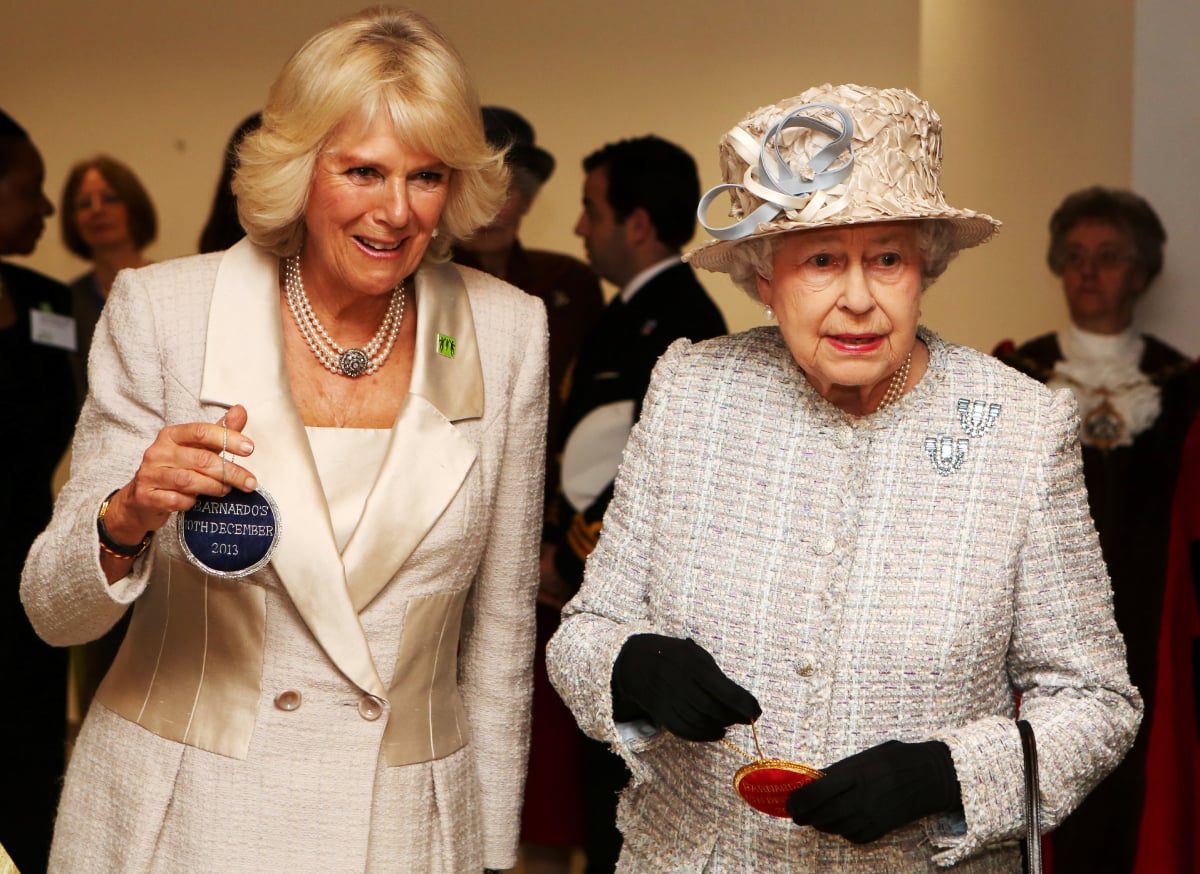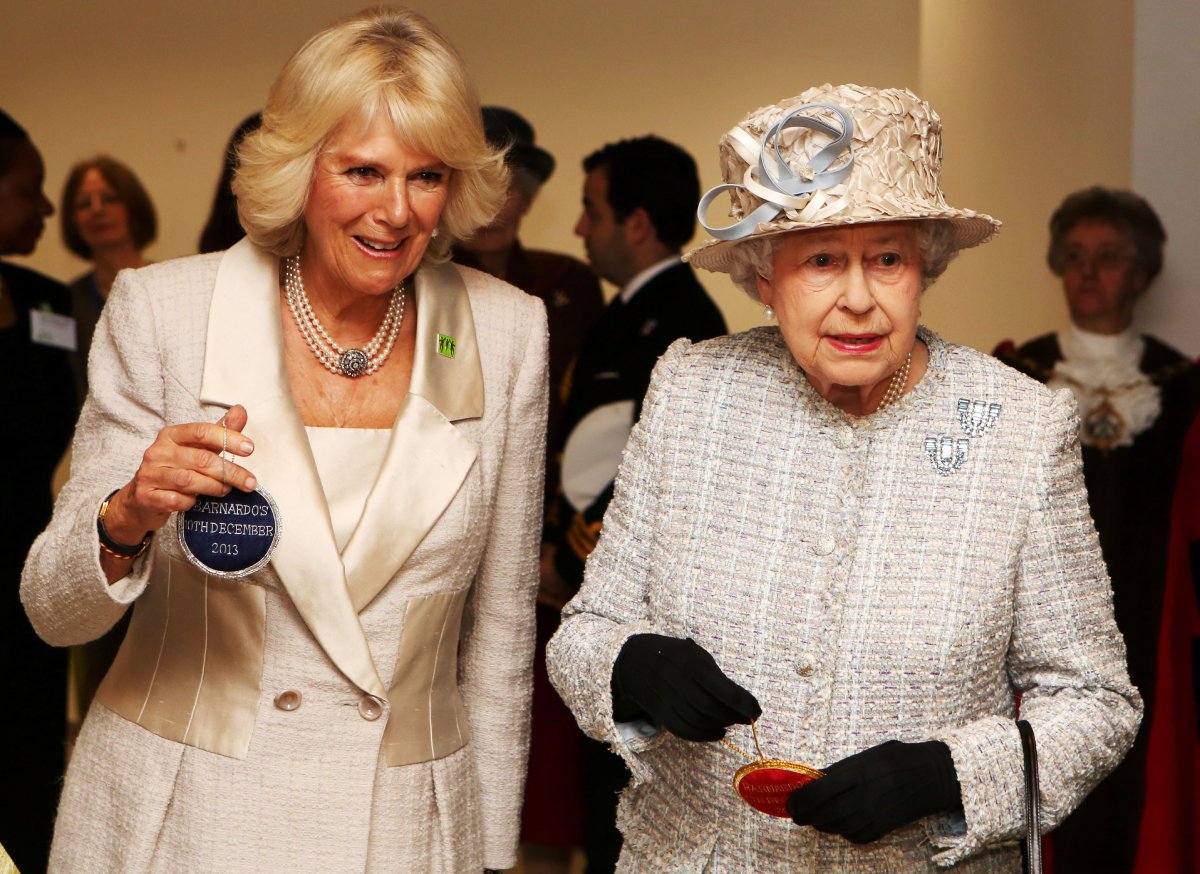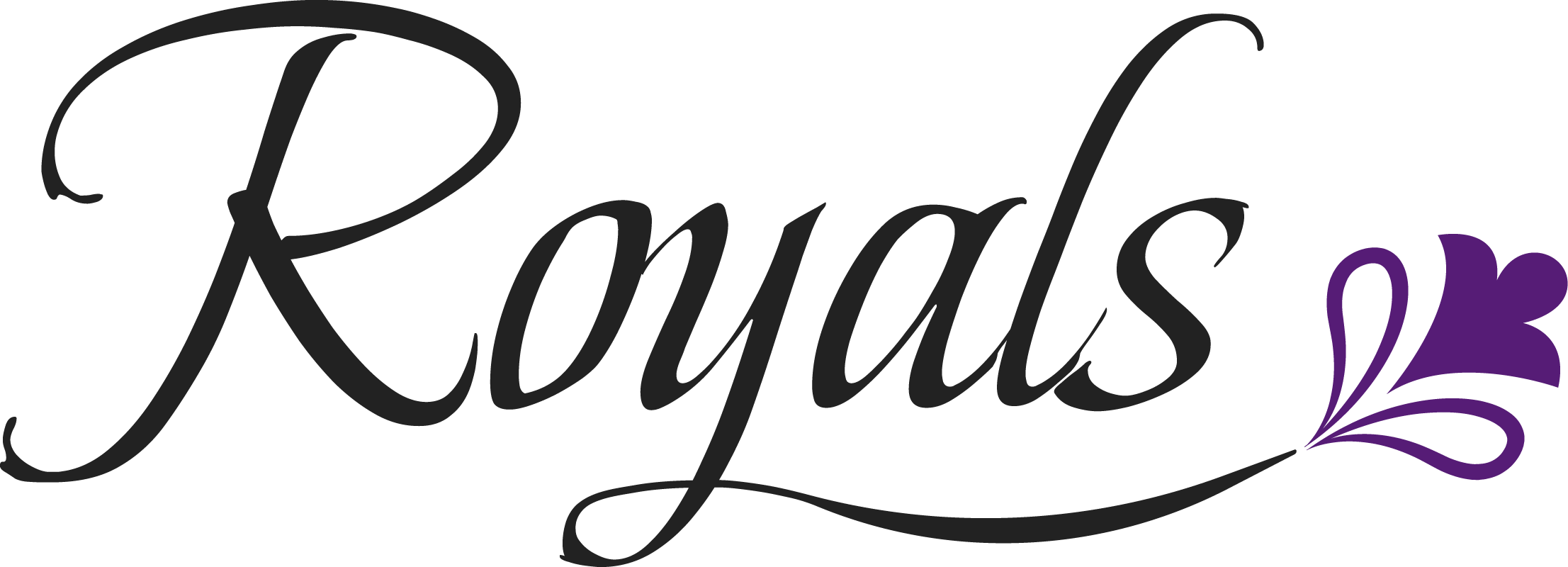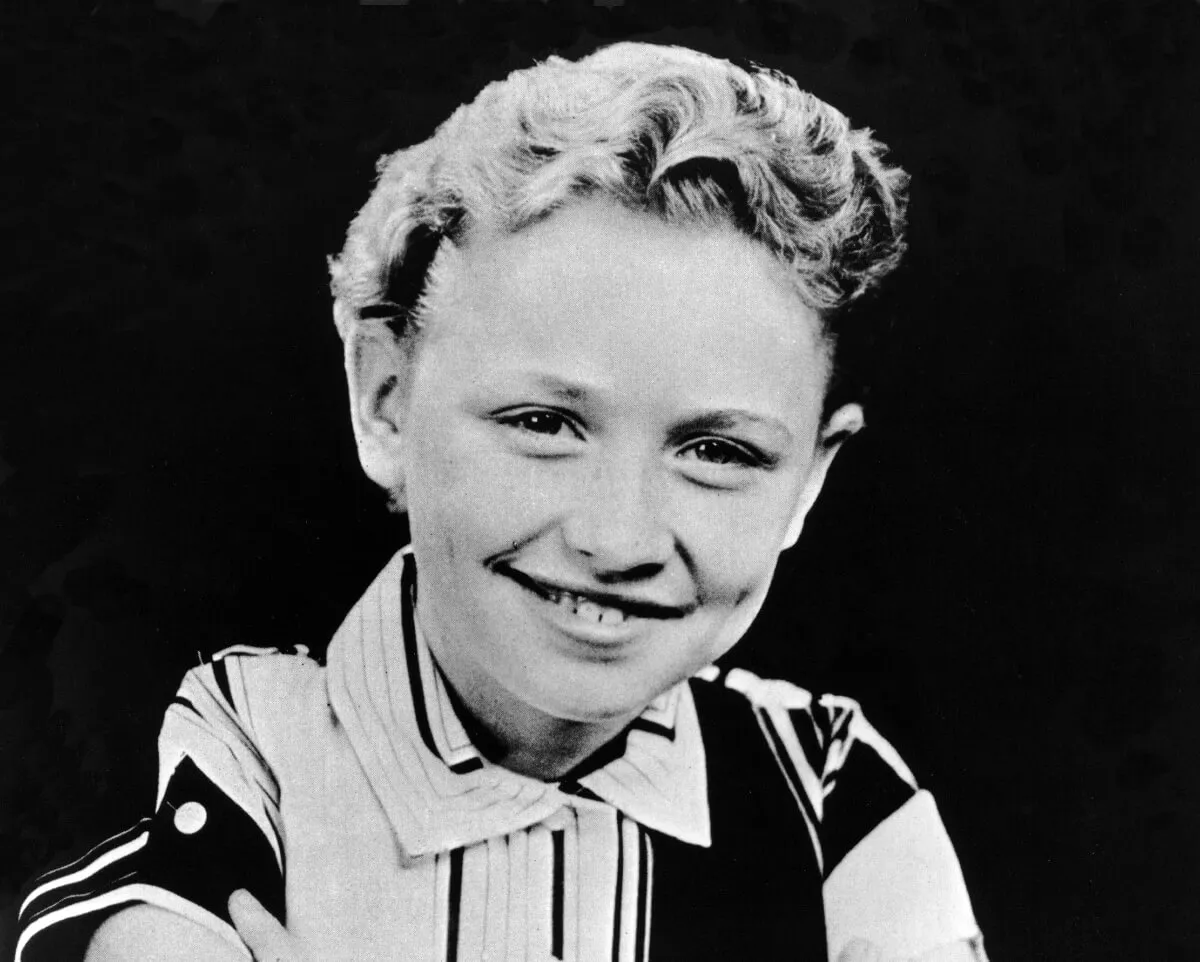
Queen Elizabeth II Knew Camilla Parker Bowles Being Named Queen Consort Was Going to Be ‘Contentious’
Queen Elizabeth II made a bold move a few months before she died that concerned her daughter-in-law, Camilla Parker Bowles. With the intention of smoothing the transition of sovereign power upon her death, the late queen “put to bed” the friction surrounding the coronation of Camilla, Queen Consort. According to one royal expert, the queen made the move because she knew things were going to be “contentious.”

Camilla Parker Bowles has gone from the ‘other woman’ to queen consort
King Charles III and Camilla first met back in the early 1970s, and the pair briefly dated before they went on to marry different people. She wed Andrew Parker Bowles in 1973 and he married Lady Diana Spencer in 1981. But those who are familiar with royal history know that Charles and Diana’s marriage fell apart as he continued his affair with Camilla in the late 1980s and into the 1990s.
Charles and Diana split in 1992 and divorced four years later. After Diana was tragically killed in a Paris car crash in August 1997 — and Camilla divorced her husband — Charles and Camilla went public with their relationship.
Their public image in the 1990s and early 2000s was not a good one, though. Many simply saw her as the other woman in Charles’ marriage to Diana. But once they were both divorced, Charles and Camilla were determined to be together no matter what anyone thought.
“There are some people who are going to consider Camilla the ‘other woman’ forever,” Cele Otnes, author of Royal Fever: The British Monarchy in Consumer Culture, told NBC.
Queen Elizabeth knew that Camilla Parker Bowles’ queen consort title would be ‘contentious’
Charles and Camilla married on April 9, 2005, in a civil ceremony at the town hall at Windsor Guildhall. When she became the wife of the heir, Camilla received the titles of Princess of Wales and Duchess of Cornwall. However, because of Diana’s lingering popularity and out of respect for the late princess, Camilla chose not to use the Princess of Wales title.
For years, palace officials said that when Charles acceded to the throne, Camilla “intended” to be known as the princess consort instead of the traditional queen consort. However, there was no precedent for that title and it was only a suggestion from royal officials.
The matter was finally settled in February of this year, when Queen Elizabeth issued a statement noting it was her “most sincere wish that, when the time comes, Camilla will be known as Queen Consort.”
Royal expert Catherine Pepinster told Express that the late queen’s statement eliminated the friction surrounding Camilla’s upcoming coronation.
“Should Camilla be crowned as Queen Consort? That was once something that was very contentious but I think the late Queen’s 70th Accession anniversary statement put much of that contention to bed,” Pepinster said.
Queen Elizabeth noted how important the role of consort was
The late Queen Elizabeth made the statement about Camilla on February 5, the eve of the 70th anniversary of her accession to the throne. In her message, Her Majesty renewed her pledge to devote her whole life to service, while speaking of the “steadfast and loving support” she received from her family.
The queen explained how the late Prince Philip and the Queen Mother were important royal consorts, and their role was crucial when it came to supporting the sovereign and the crown.
“When, in the fullness of time, my son Charles becomes King, I know you will give him and his wife Camilla the same support that you have given me; and it is my sincere wish that, when that time comes, Camilla will be known as Queen Consort as she continues her own loyal service.”
King Charles III and Camilla, Queen Consort will be crowned at Westminster Abbey in London on Saturday, May 6, 2023.



